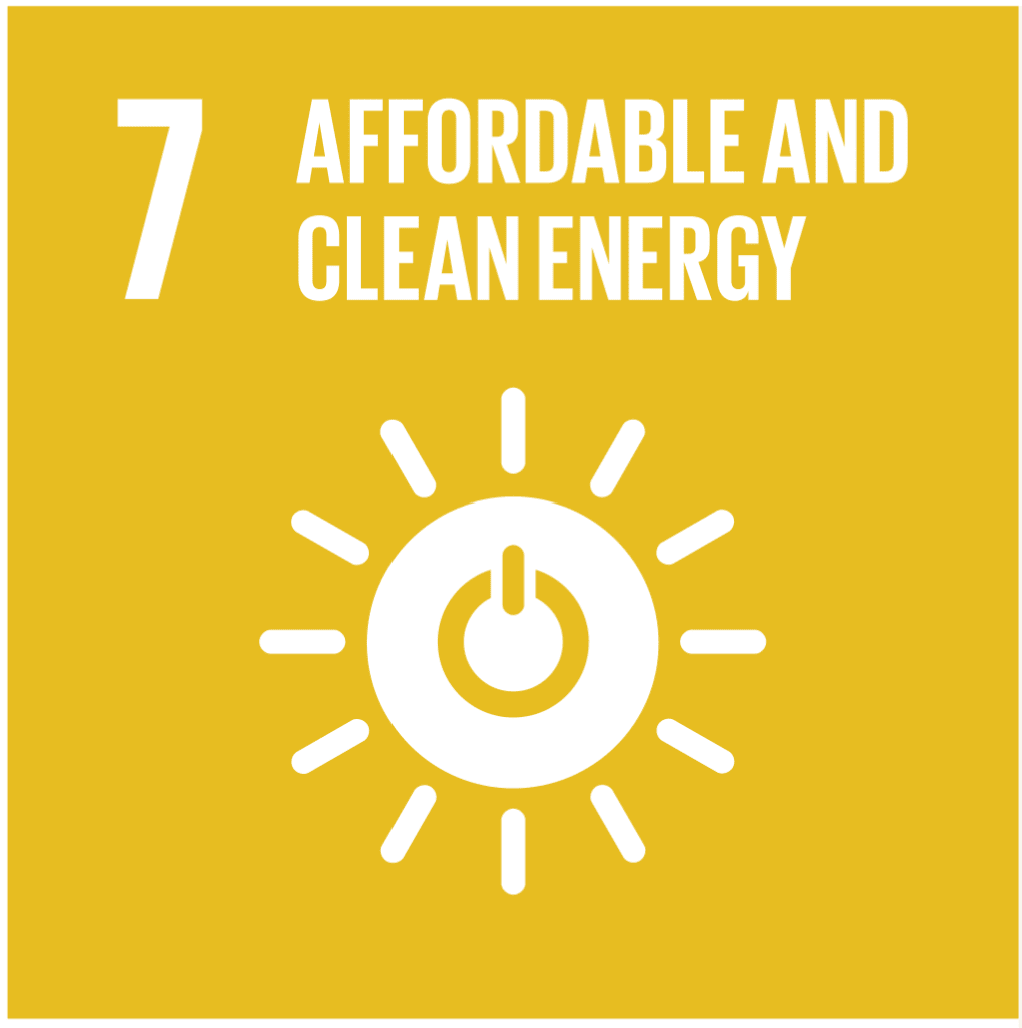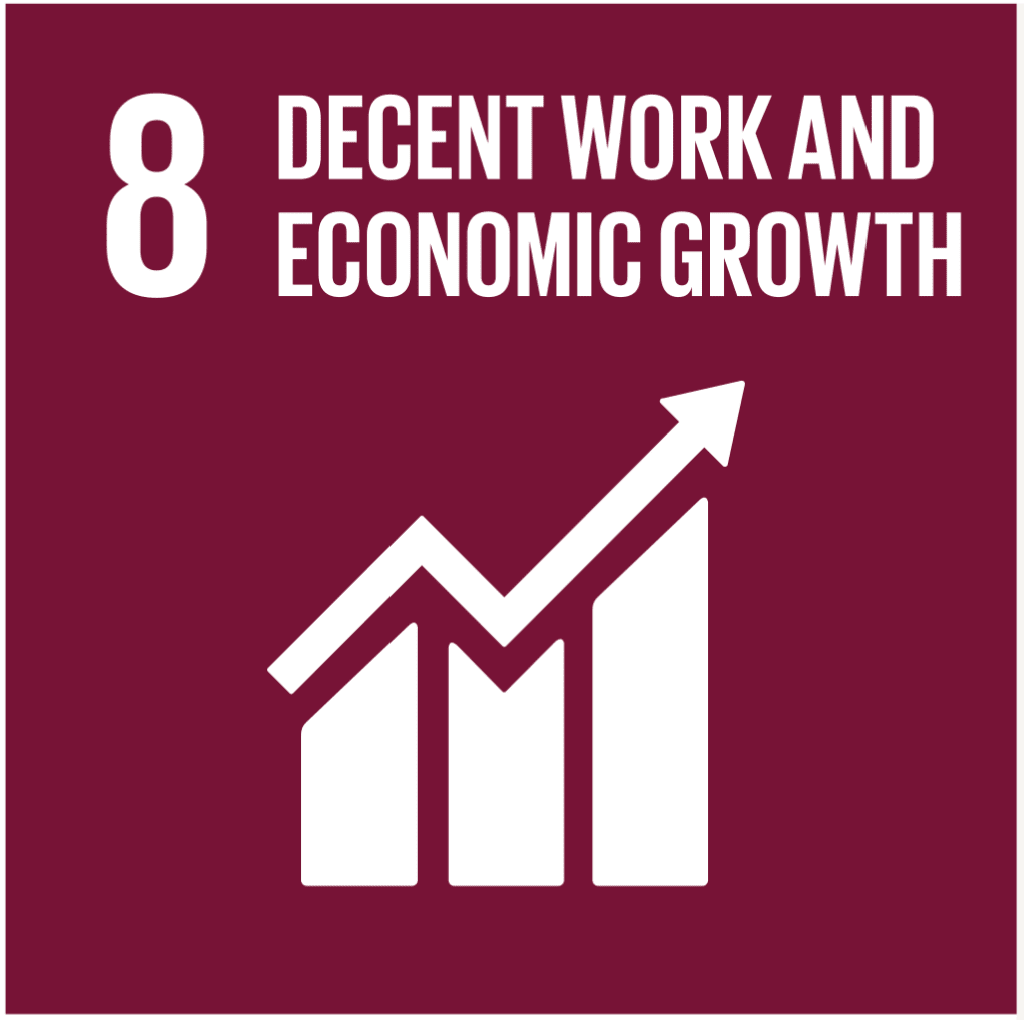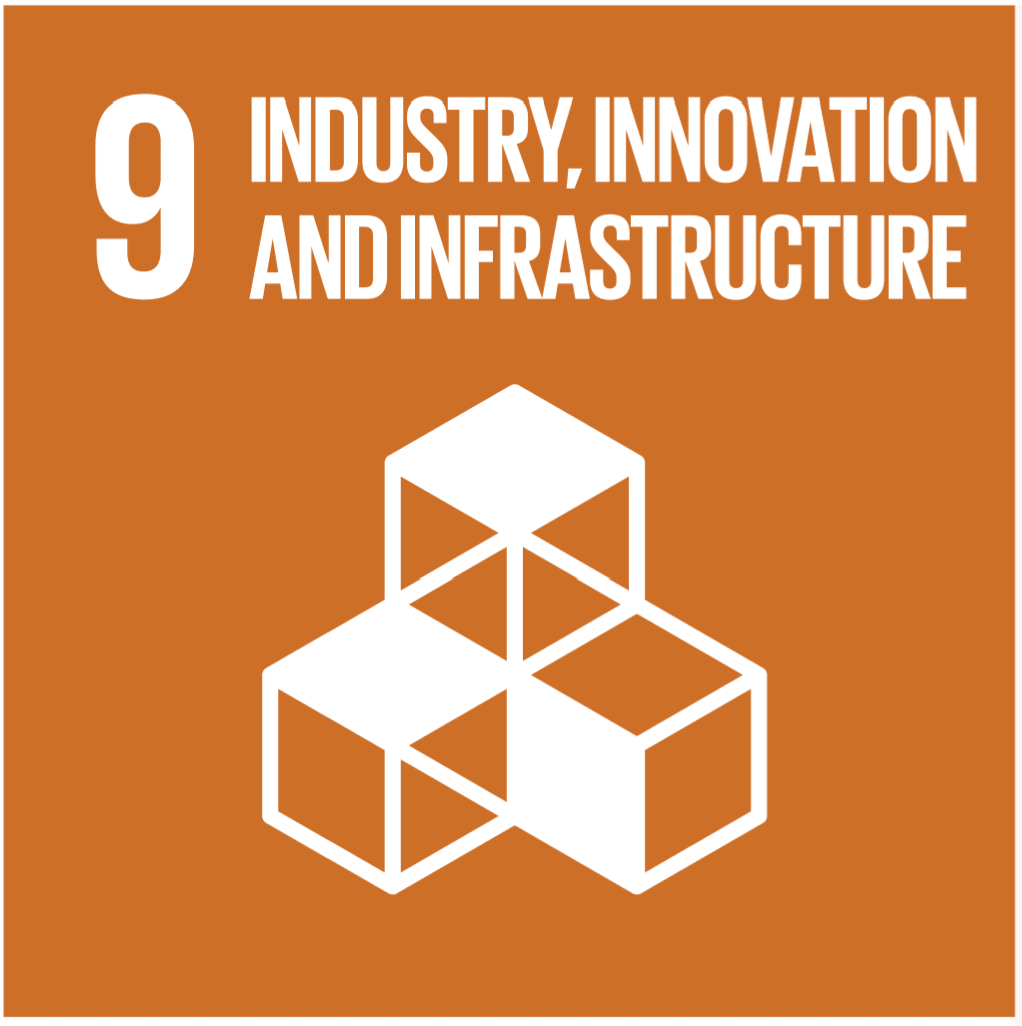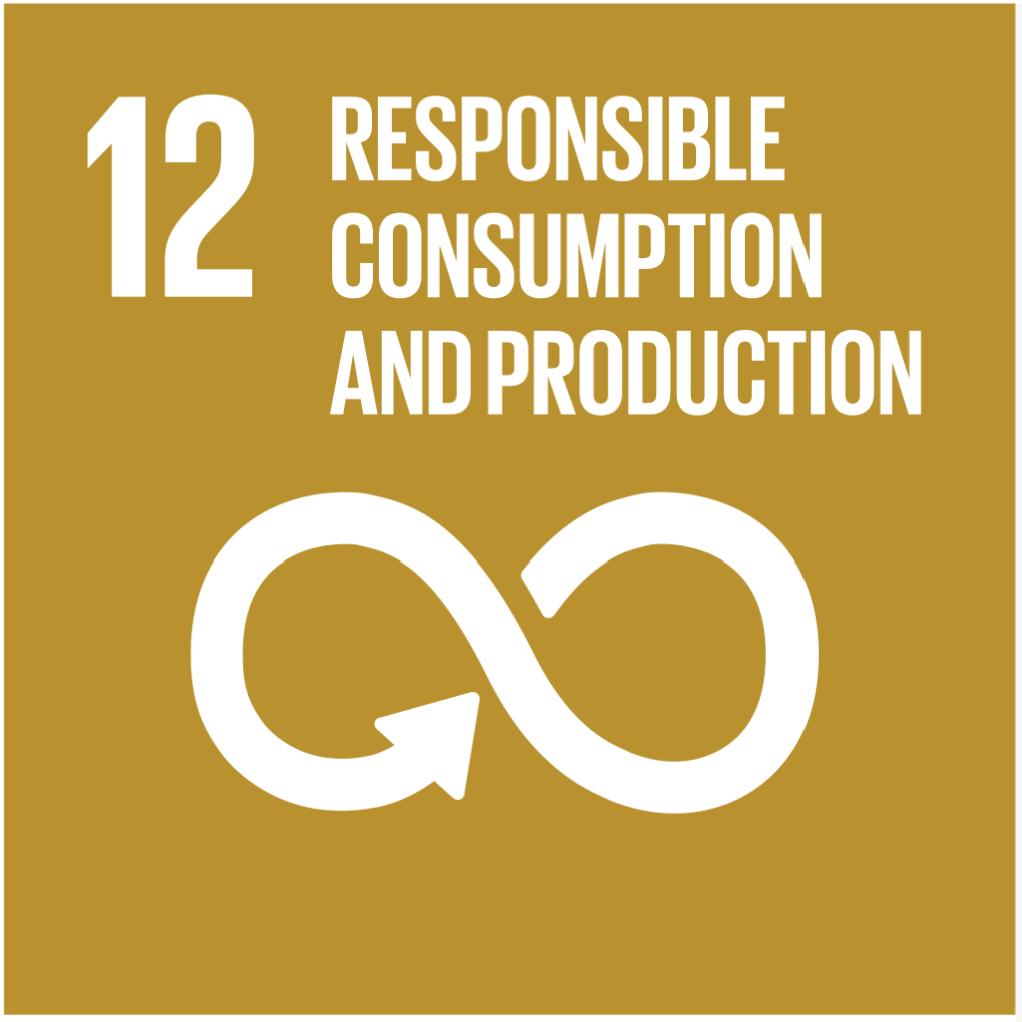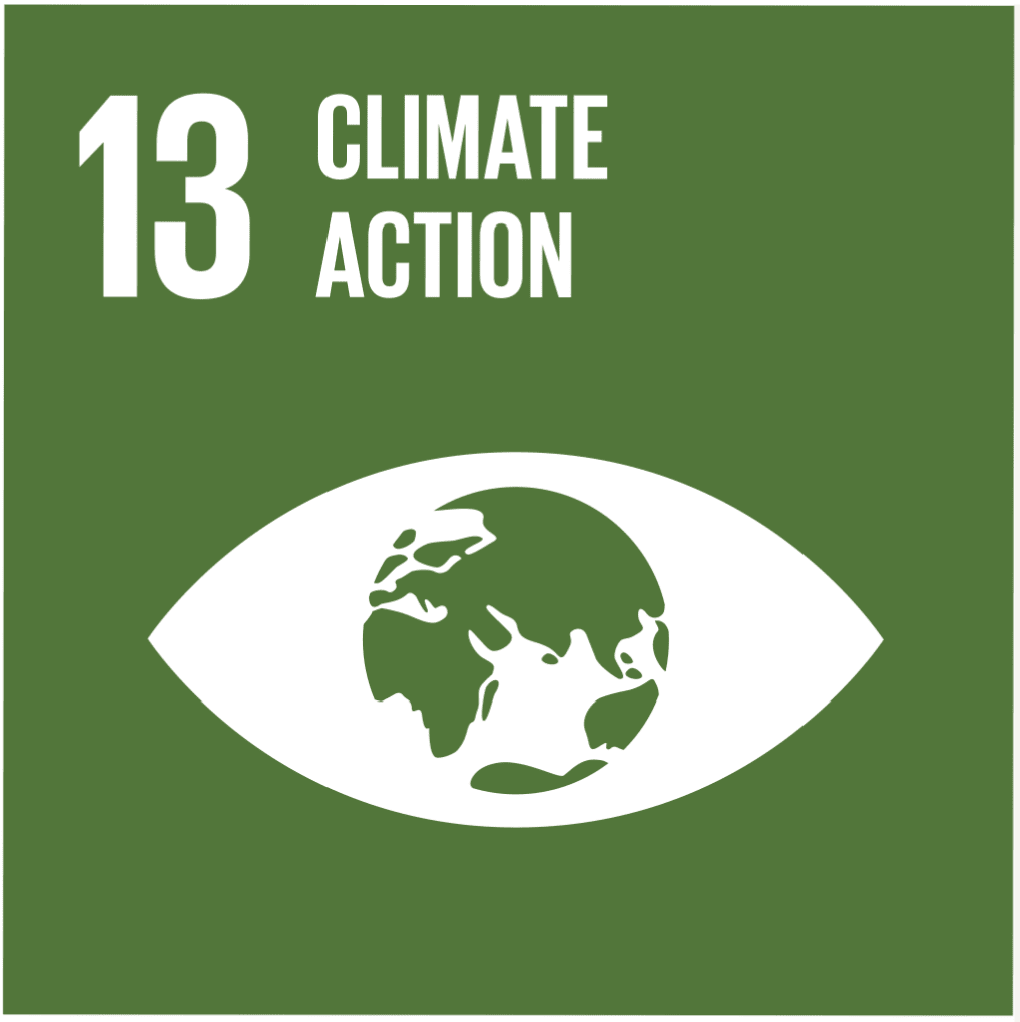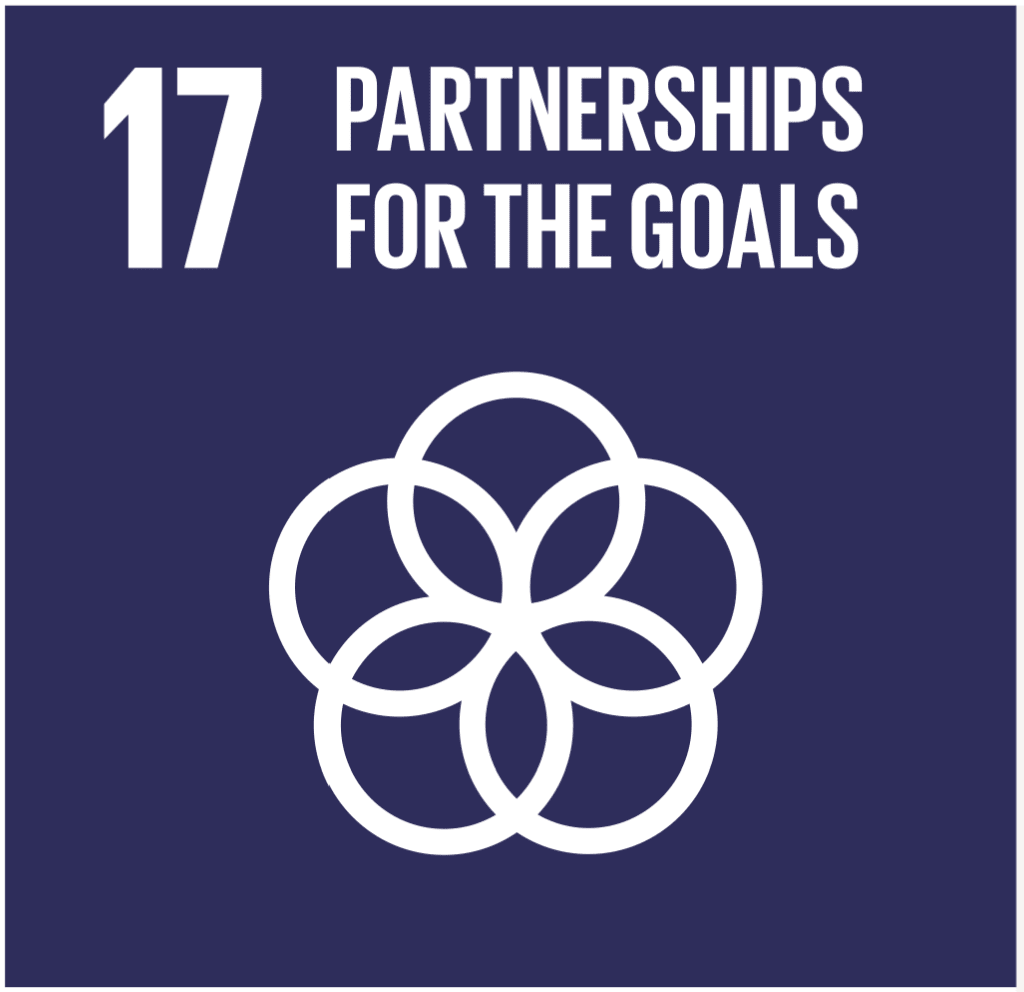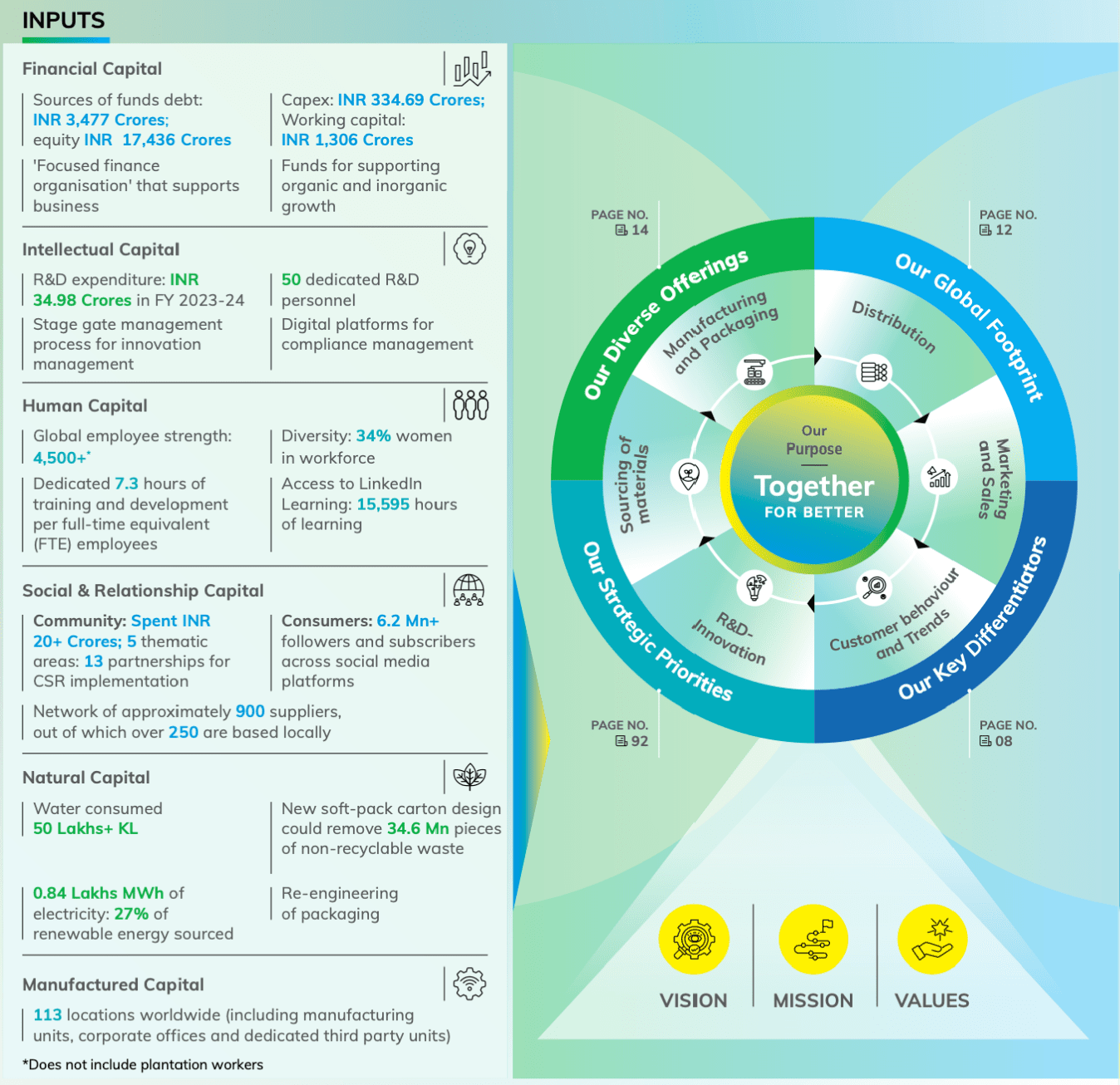
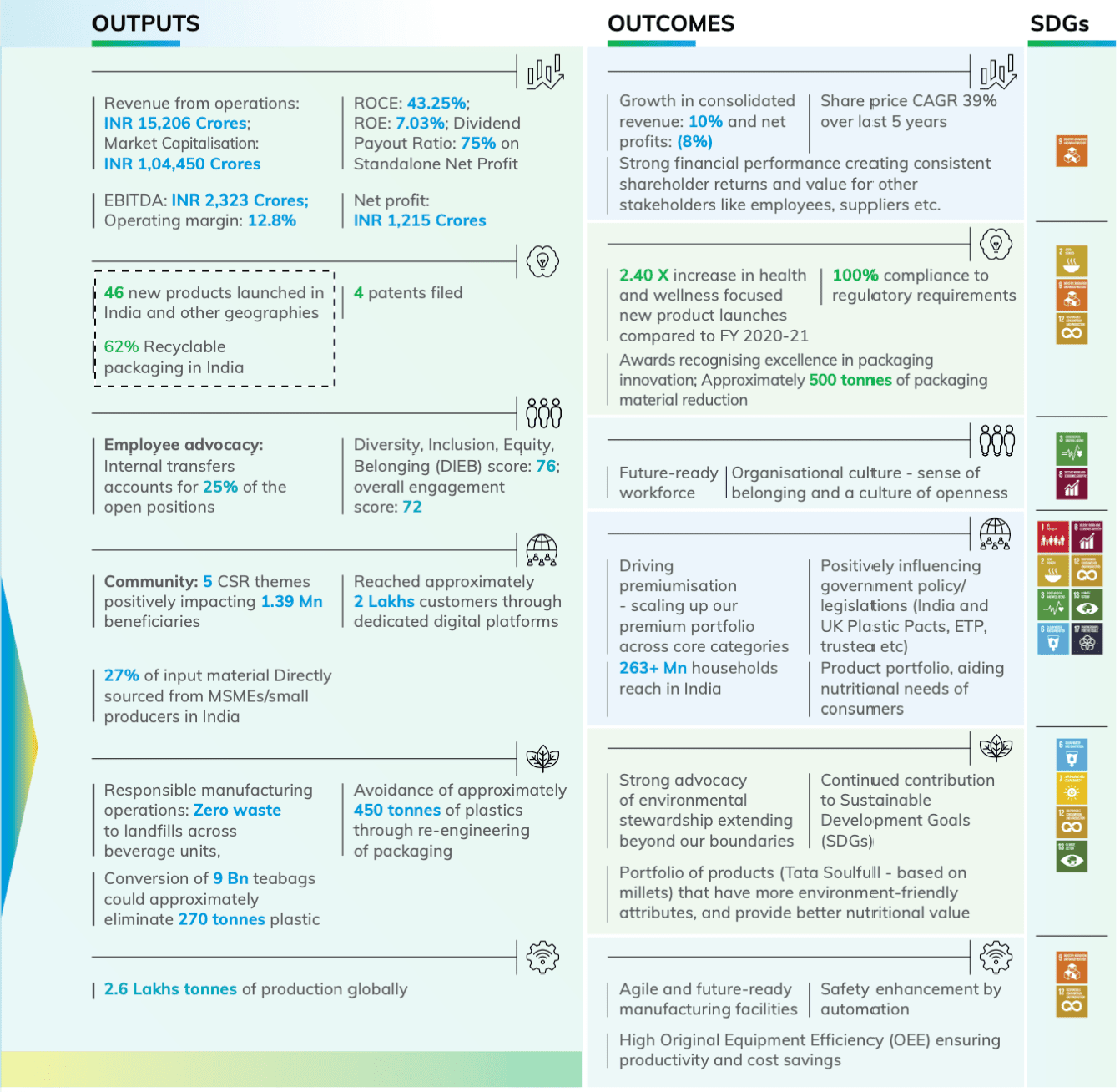
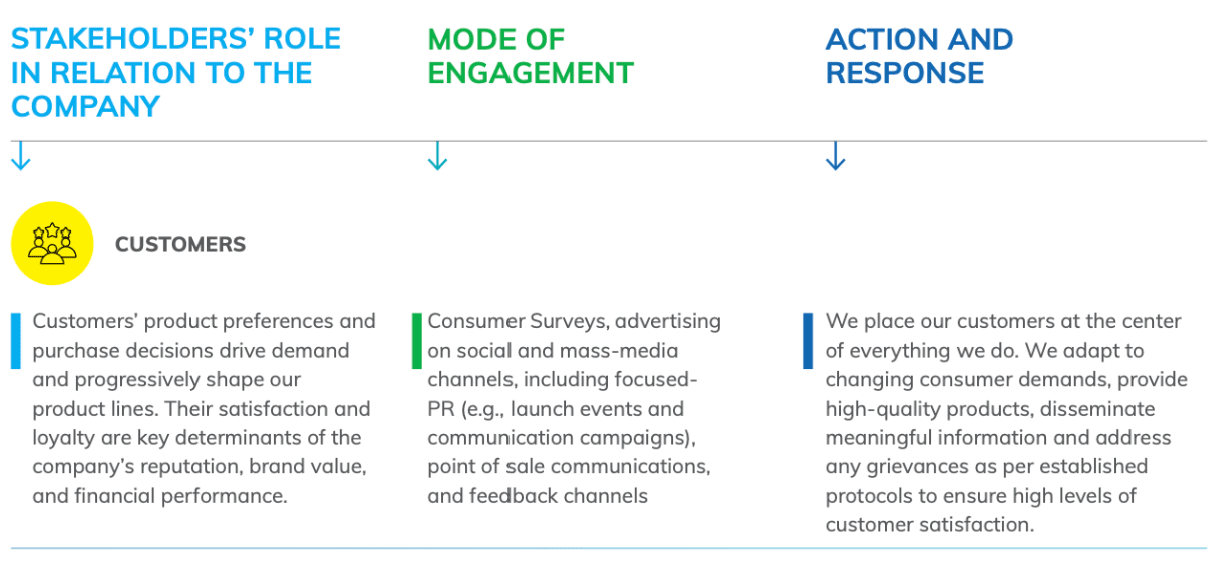


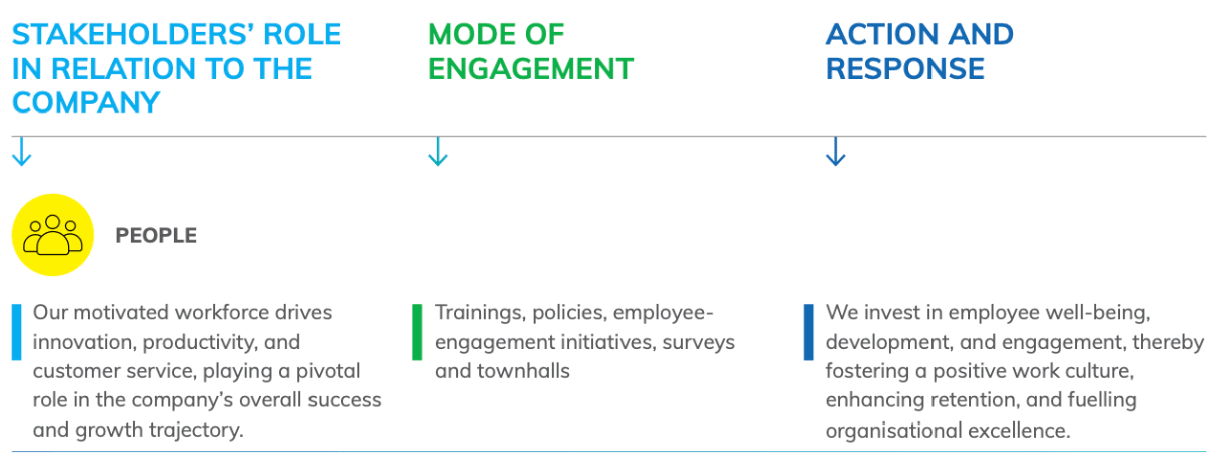



Materiality assessment helps us identify and evaluate potential impacts of our operations on
environmental
and social aspects, while also allowing us to recognize opportunities.
In FY 2021-22, a detailed materiality assessment study was undertaken, guided by both national and
international standards such as the Sustainability Accounting Standards Board (SASB), International
Integrated Reporting Council (IIRC) Framework, prominent ESG assessment platforms, and the National
Guidelines on Responsible Business Conduct (NGRBC - which underpins the BRSR).
Through industry trends and market analysis relevant to TCPL, all relevant issue (i.e., universe of
issues) were identified. TCPL further conducted surveys and engaged stakeholders to identify the
material issues potentially affecting the business strategy and risks facing our operations and value
chain.
Internal and external stakeholder inputs, alongside risk and opportunity assessments, were integral in
determining and prioritising material issues for TCPL. Significant ESG risks identified through
materiality assessment were integrated into the company's Enterprise Risk Management (ERM) process,
mapping it against the company risks. Finally, the material issues were mapped with TCPL's business and
sustainability strategies, the UN Sustainable Development Goals (SDGs), and presented in a materiality
matrix denoting their prioritisation.
The materiality assessment process has been reviewed and outcomes have been signed off by the CSR &
Sustainability Committee of the Board and senior management of TCPL. The company plans to conduct the
assessment once every 3 years to understand the evolving landscape and any changes in stakeholder
perceptions.
The finalised materiality matrix is given below.
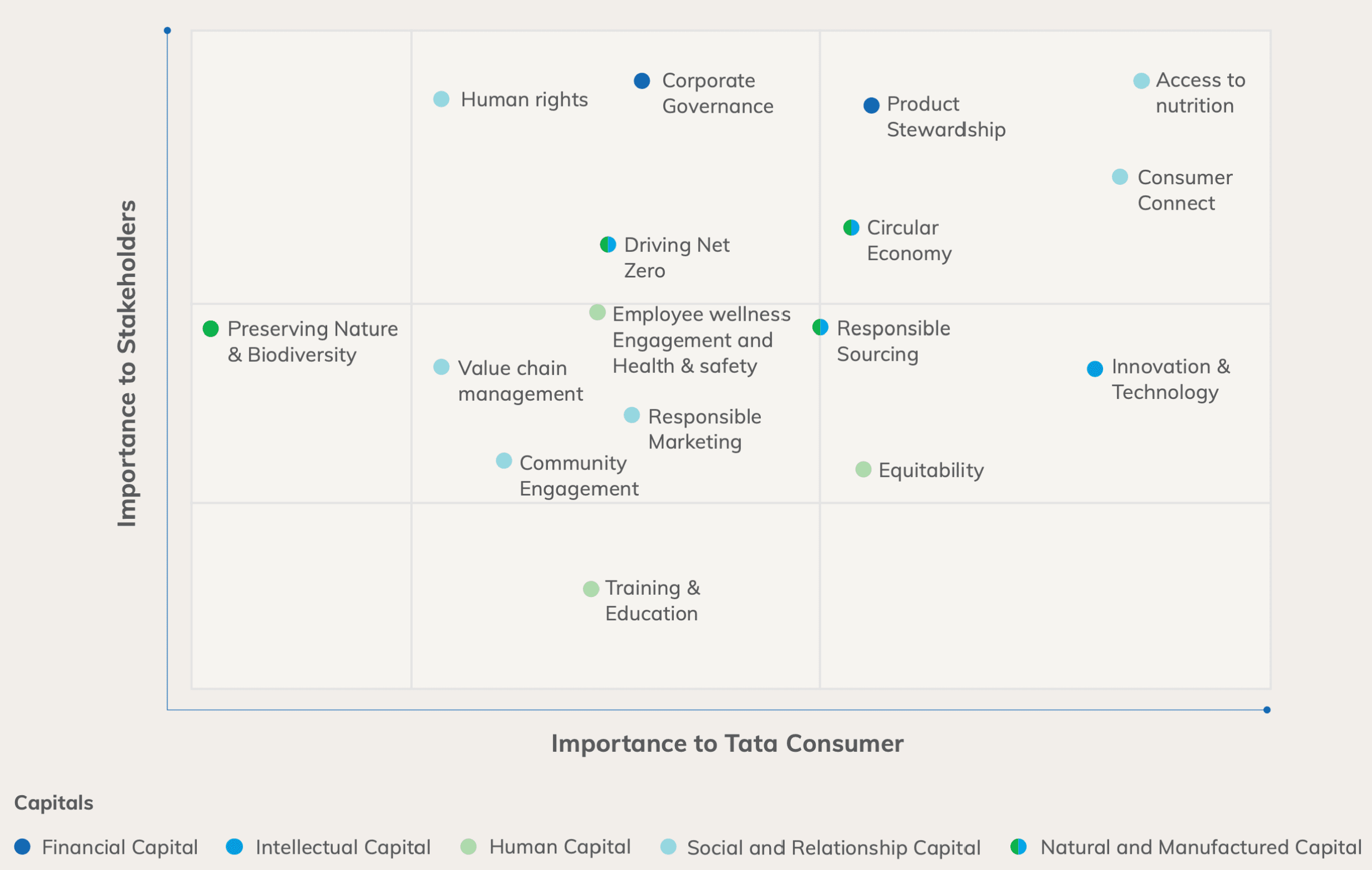
Risk management plays a critical role in our strategy and the attainment of our long-term objectives. We
realize that our organisational success is contingent upon our capability to manage risks, and focus on
opportunities within our business and the markets we operate in. Hence, our integrated risk management
ensures a comprehensive consideration of all material topics into the risks and opportunities across the
Company. The identified material issues which may pose a risk or provide an opportunity for our
business, the reasoning for selecting these issues and the approaches we have adopted to address or
mitigate these risks, including the associated financial implications, are all detailed in the BRSR.
Besides the materiality assessment, we carry out an annual risk evaluation at the Tata Consumer Group
level. The company has a Risk Management Committee at Board level, which is responsible for the
supervision and execution of risk mitigation strategies. Our Enterprise Risk Management process also
integrates sustainability
issues. Risks pertaining to our material topics, including shifting consumer preferences,
sustainability, and people- related issues are reviewed exhaustively at the Group management level as
part of our ERM. We have further analysed climate-associated risks and opportunities in line with the
Task Force on Climate-related Financial Disclosures (TCFD) recommendations. To understand the risks and
opportunities that water-related issues pose to our business operations and supply chain, we have also
conducted water vulnerability assessments.
We recognize the significance of these material issues for our company and stakeholders. Therefore, we
have analysed the most important material issues for our company and our external stake holders. This
gives us
a deeper understanding of how effectively our company manages the wider effects of our activities. We
have outlined our the strategy and progression in dealing with these material issues in this section.


Enabling access to nutrition is crucial for TCPL to stay competitive and meet evolving consumer
demands. By providing access to great-tasting, healthy products, we contribute to addressing issues
related to malnutrition and promote healthier eating habits.
Our analyses of the markets indicate that consumer preferences are shifting towards healthier food
options, while regulatory requirements related to nutrition labelling and product formulation are
becoming more stringent globally.
If not acted upon adequately, this could result in loss of reputation, impacting consumer trust and
brand loyalty, thus affecting the company's financial performance.
We focus on facilitating access to improved nutrition through the introduction of innovative and
affordable products alongside consumer education initiatives. Key factors driving this initiative
include conscious efforts towards making
our existing products healthier, introducing new products/ product lines with enhanced health
benefits, policy advocacy, expanding consumer outreach, and enhancing awareness.
We maintain a dedicated sales and distribution network tailored to extend our reach to both urban
and rural consumers across India. We ensure that consumers receive clear and transparent information
about our products to make informed choices. In the fiscal year FY 2023-24, we introduced 46 new
products, among which 16 specifically cater to health and wellness needs.

TCPL is committed to the principles of circular economy and improving resource efficiency. Embracing
circular economy practices, such as recycling, reusing, and reducing waste, can help achieve cost
savings through optimised resource utilisation and reduced raw material procurement expenses.
Additionally, this can enhance supply chain resilience by diversifying sourcing options and reducing
reliance on
finite resources. Not transitioning to a circular economy can pose several risks to our business -
these include potential penalties, reputational harm, increased costs, erosion of investor goodwill,
declining market share, and failure to meet evolving consumer demands.
Given the strain on natural resources and escalating material costs, adopting circular economy could
help business economics and spur innovation. However, in the current environment, the lack of
technology capable of achieving 100% recycling and reuse poses a challenge/risk.
Our focus is on efficient resource usage and optimised packaging without compromising product
quality and safety. We address various challenges such as cost management, market competitiveness,
consumer safety, and effective water and waste management innovatively. We ensure that our packaging
is fit-for-purpose and is made of environmentally friendly or recyclable materials.
All our beverage manufacturing facilities operate on zero- waste-to-landfill basis, and we are
actively implementing an Extended Producer Responsibility (EPR) Plan. This plan aims to collect and
recycle the equivalent (or more than) of 100% of the packaging used across our Beverages, Foods, and
RTD divisions.
Increasing the reach of our product portfolio to 250 Mn by 2030
100% Sustainable products by 2040
6 New launches with fortification / added nutritional benefits in FY 2023-24
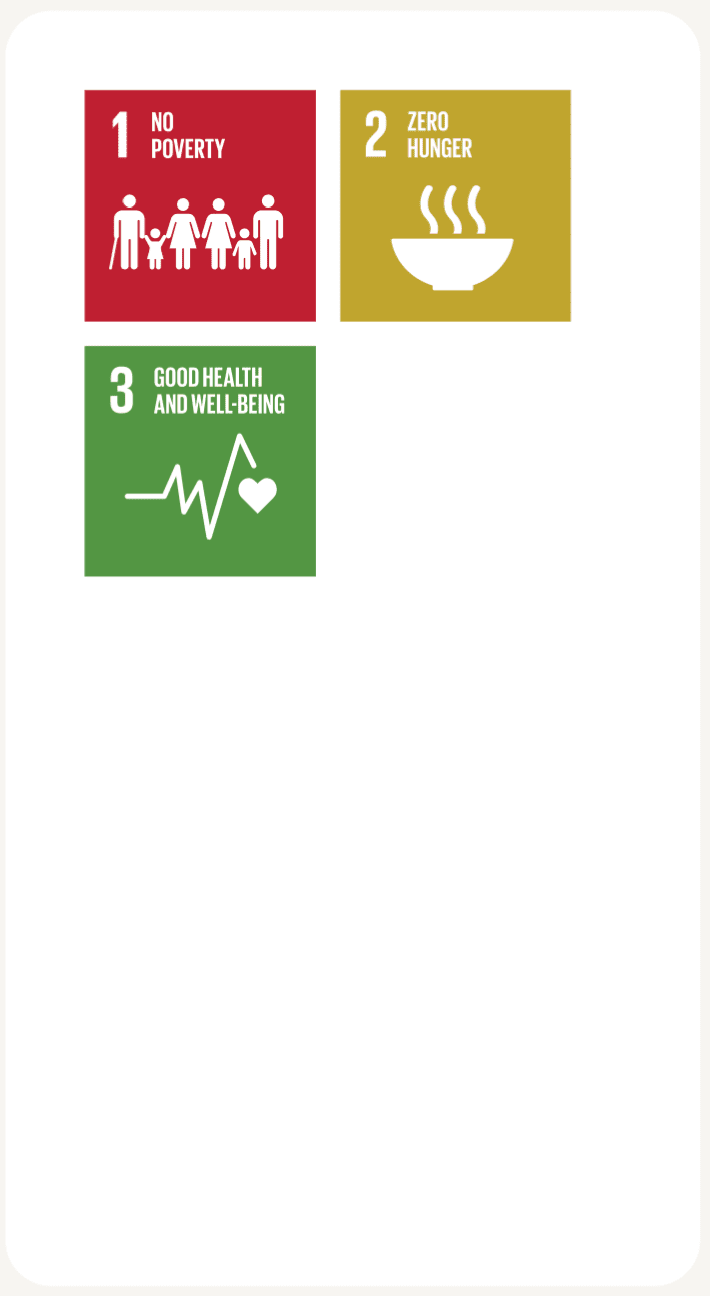

100% of packaging material to be recyclable, compostable, or reusable across all geographies by 2030
Zero waste to landfill by FY 2025-26 across all geographies
11% weight reduction by re-engineering 1 kg salt pouch
All our beverages' factories worldwide are
Zero
Waste to landfill and
Zero
Liquid discharge
100%
Compliance to EPR Commitments in indis



Product stewardship plays a crucial role in meeting consumers' increasing demands for
sustainability-related information, such as packaging materials and waste management practices.
Failing to address these could subject TCPL to potential legal liabilities, reputational damage,
increased waste, and costs, as well as loss of consumer trust and market share. Incorporating
stringent quality standards into our product range eliminates or minimises potential health and
safety hazards, thereby helping in reducing financial and reputational risks.
Our dedication to responsible sourcing not only meets the rising market expectations for ethical and
sustainable goods but also enhances our reputation as a sustainable market player.
Through our collaborations with trustea and Rainforest Alliance, we ensure that most of our tea is
sustainably procured, as evidenced by trustea or Rainforest Alliance certifications.
We have been making rapid strides in making our packaging material sustainable and fit-for-purpose.
TCPL has implemented a comprehensive quality assurance initiative encompassing product testing and
traceability throughout the organisation. Our suppliers are mandated to comply with rigorous
standards for the safety and quality of raw materials. Residue testing is conducted across all
verified entities in every region.

As consumer preferences and market trends evolve rapidly, maintaining a strong and responsive
consumer connect programme helps us identify changing demand patterns and preferences. This allows
the company to innovate and adapt its product portfolio. It could create cost efficiencies by
reducing waste in producing products that have low demand and focusing on higher-margin, high-demand
offerings. Moreover, a strong consumer connect reduces the risk of reputational damage by providing
channels for direct feedback and appropriate grievance redressal.
Ultimately, a disconnect with consumers could result in a loss of market share to competitors.
Hence, investing in strong consumer relations is a strategic business imperative for TCPL.
Our range of nutritious and fortified products, aiming to enhance the overall well-being of our
consumers. We also strive to educate consumers about the nutritional value of our products,
empowering them to make informed decisions. Nutrition details are provided on packaging and
disseminated through various social and mass-media platforms, including targeted public relations
efforts such as launch events and communication campaigns, as well as through point-of-sale
materials and feedback channels.
TCPL continually monitor consumer trends to spark our innovative ideas. We have put into operation a
specialised innovation funnel to systematically study changes in consumer tastes and tendencies.
100% Sustainable products by volume by 2040
As a part of the sustainability agenda, TCPL undertook Life Cycle Assessment (LCA) for tea, it being
one of TCPL's major revenue products. The study was conducted as per the ISO 14040/44 standards for
a cradle to grave boundary of Tea leaves. It included raw materials supply, upstream transportation,
manufacturing process, electricity and fuel consumption within TCPL facility, and packaging of the
products, Use Phase and End-of-life (EoL).
Re-engineering of packaging has led to a avoidance of approximately 450 tonnes of
plastics being introduced into the stream.
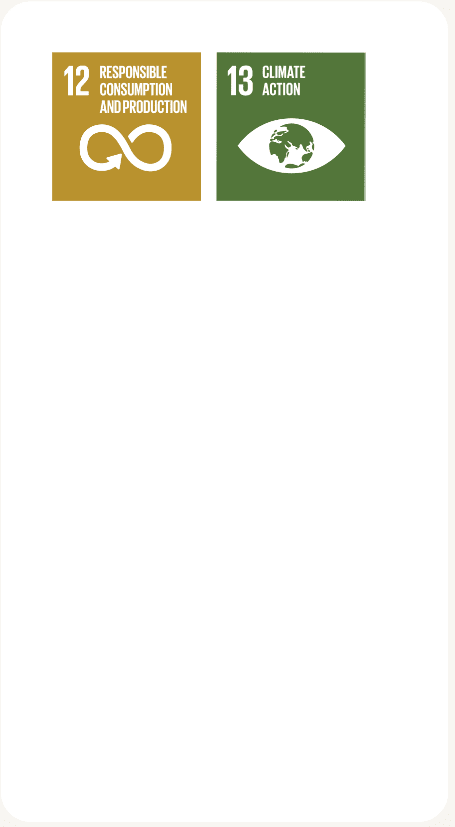

Increasing the reach of our product portfolio to 250 Mn by 2030
In FY 2023-24, we have reached approximately 2 Lakhs customers through dedicated digital platforms
We successfully expanded the presence of our product portfolio to 263 Mn+
households.



Access to nutrition has been gaining in importance among our consumers with increasing awareness around health issues and 'eating right'. For consumers, it means meeting nutritional needs and benefiting from TCPL's great-tasting and healthy offerings. Shareholders and investors see the focus on nutrition as a positive response to growing consumer demand for healthier choices. Communities benefit as TCPL contributes to broader health and nutrition goals, potentially improving public health. Thus, prioritising access to nutrition can strengthen TCPL's brand, customer loyalty, and overall sustainability.
We reach wider consumer segments through enhanced sales and distribution channels and stepping into
D2C and E-commerce segments.
The company aims to expand its product reach to 250 million by 2030 and increase consumer awareness
about the nutritional value of its products.
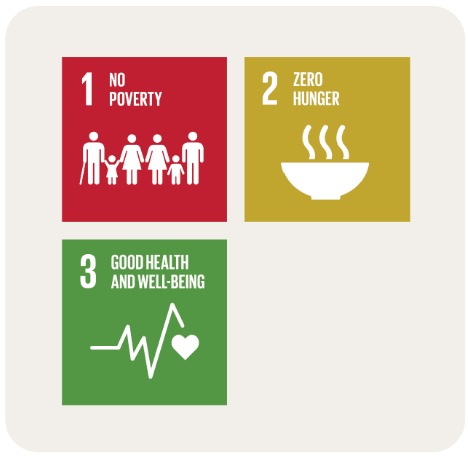
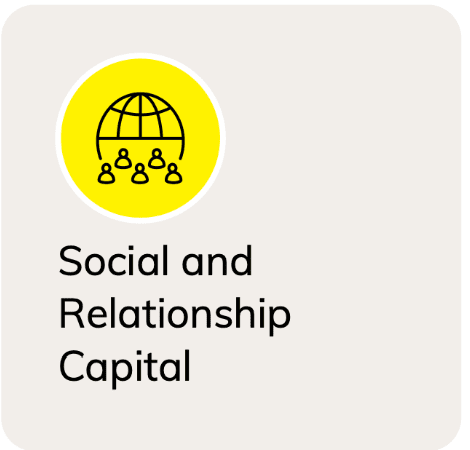

To our external stakeholders, product stewardship signifies the company's commitment to managing the environmental, health, and safety impacts of our products throughout their life cycle. This assures consumers that the products they purchase from TCPL are not just high quality but are also manufactured responsibly and sustainably. Strong product stewardship gives investors and shareholders confidence, enhancing TCPL's reputation, making it an attractive investment option, and minimising potential regulatory or reputational risks. TCPL's goal is to have all its products sustainable by volume by 2040.
TCPL undertook Life Cycle Assessment (LCA) for tea, it being one of our major revenue products. The study was conducted as per the ISO 14040/44 standards for a cradle to grave boundary of Tea leaves. It included raw materials supply, upstream transportation, manufacturing process, electricity and fuel consumption within TCPL facility, and packaging of the products, Use Phase and End-of-life (EoL).
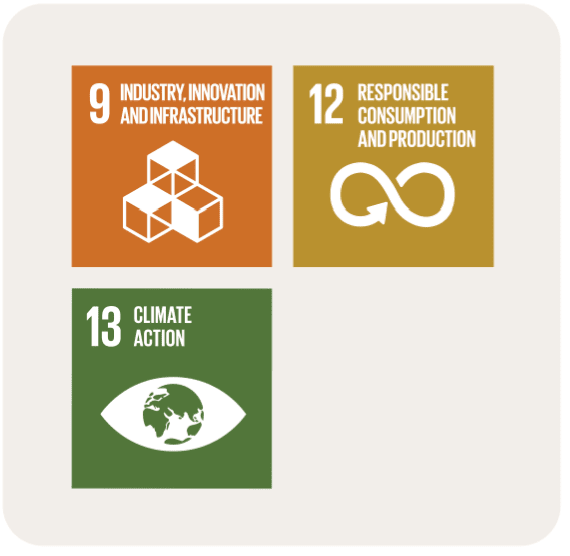
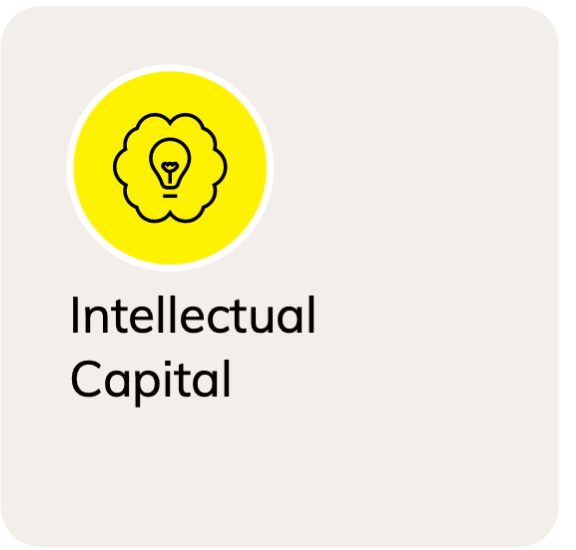

Corporate governance is significant to all of TCPL’s external stakeholders. Investors expect us to maintain transparency, accountability, and fairness in all dealings, which can boost their confidence, which in-turn helps the company meet its capital needs. Customers expect management oversight and good governance to ensure high- quality, safe and sustainable products. Suppliers value trustworthiness for maintaining long-term partnerships. Strong governance and ensuring compliance with the laws of the land also aid in maintaining good relations with regulatory bodies. Ultimately, sound corporate governance reflects the company’s commitment to society and the environment, promoting sustainable and ethical practices.
The Company has complied with requirements of Corporate Governance set forth in Regulation 17 to 27,
as well as Schedule V and clauses (b) to (i) of sub-regulation (2) of Regulation 46 of the
Securities and Exchange Board of India (“SEBI”) (Listing Obligations and Disclosure Requirements)
Regulations, 2015 (“Listing Regulations”), as applicable.
As a part of consistent efforts to strengthen governance provisions around Sustainability, TCPL
rolled out its 'For Better' Nutrition policy, Responsible
Marketing, Environment, Green Procurement and Energy Conservation policies in the reporting year.
The policy provisions are aimed at clearly stating our position on these key aspects.
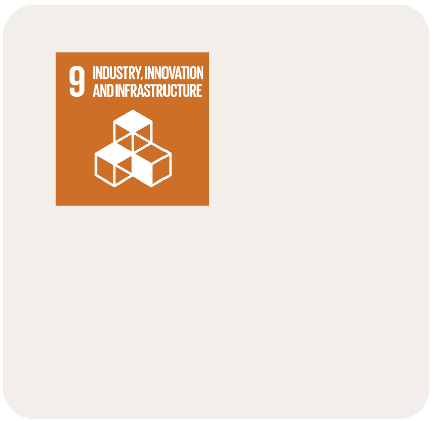


Upholding human rights has significant positive impact on TCPL's stakeholders. Suppliers and partners appreciate the company's commitment to human rights, which fosters trust and strengthens relationships. Consumers prefer businesses that respect human rights, leading to greater brand loyalty and positive positioning. Investors benefit from human rights compliance as it reduces the risk of reputational damage, boycotts, or legal issues that could impact financial returns. Additionally, high standards around human rights improve TCPL's standing with regulators and society at large, demonstrating the company's dedication to social responsibility and contributing to broader human rights objectives nationally and internationally.
And Human Rights Policy which is in line with principles stated in The Universal Declaration of Human Rights, ILO Declaration on Fundamental Principles and Rights at Work, and the United Nations Guiding Principles on Business and Human Rights. This policy also complies with the Tata Code of Conduct. We have put in place a strong grievance system and implemented the Tata Code of Conduct provisions within the Supplier Code of Conduct - this ensures that the highest standards of human rights are always adhered to, both within the company and across our value chain. Our trustea and Rainforest Alliance certifications are measures we have invested in to ensure human rights issues are appropriately dealt with in our supply chain.
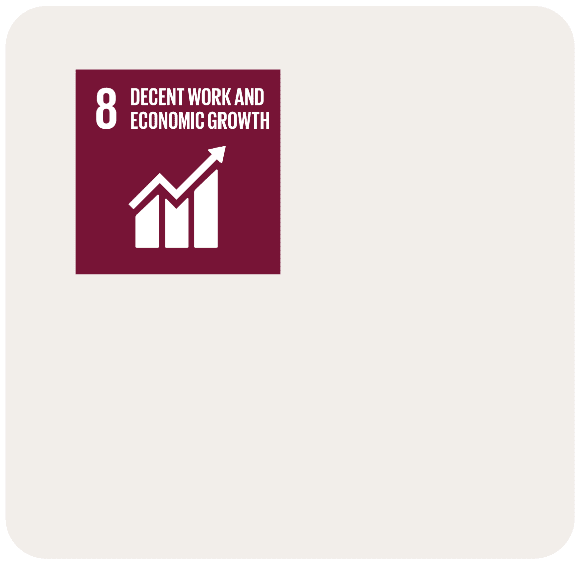
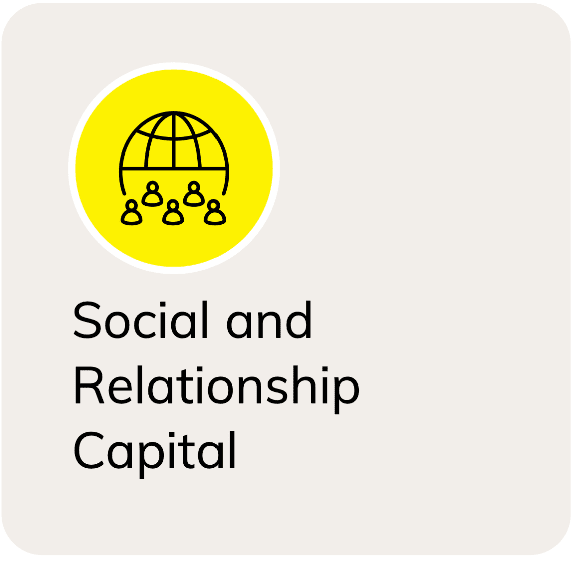
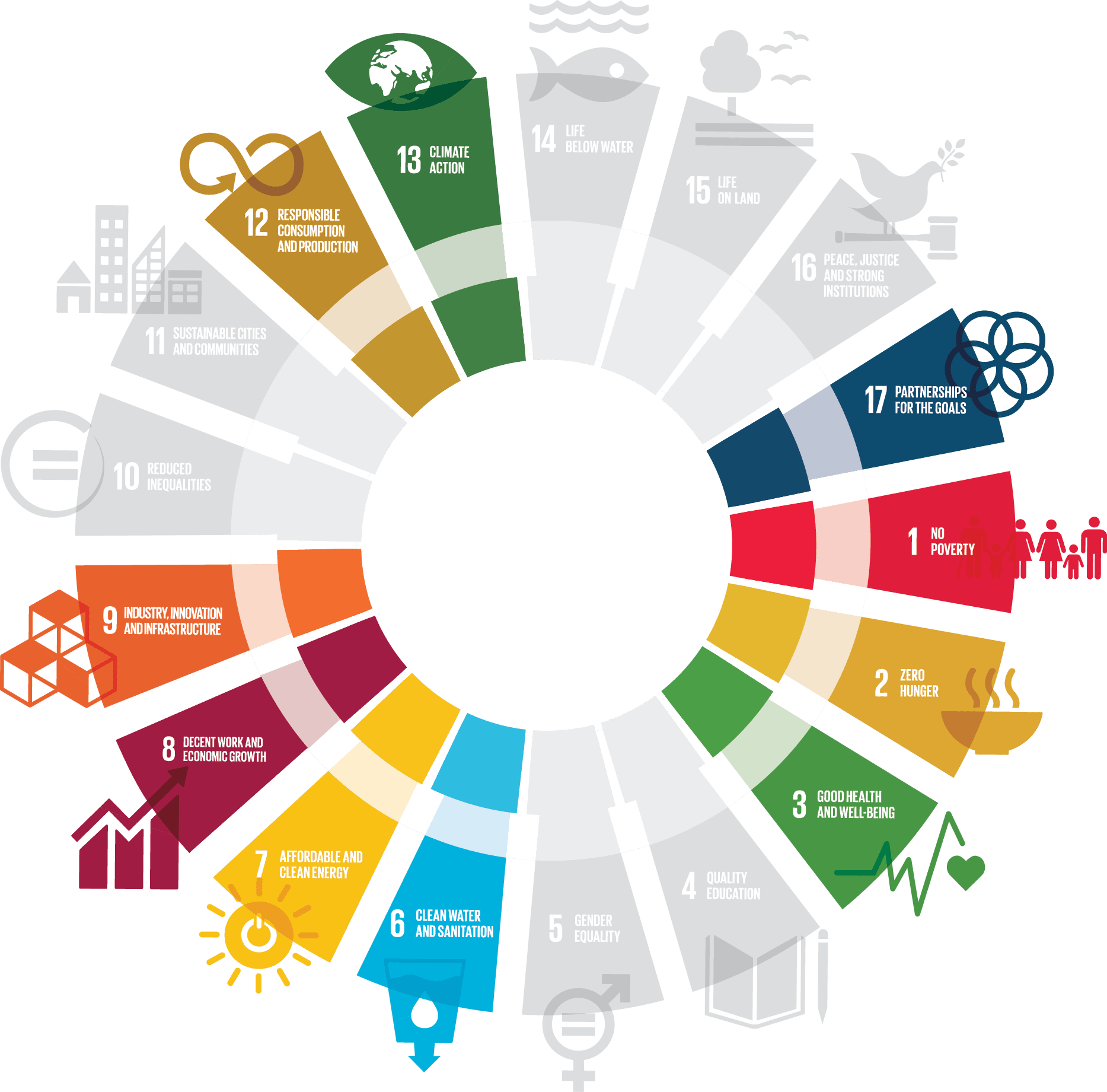
We are spotlighting the SDGs that are directly impacted by our initiatives, while we are also actively working on contributing to other SDGs through our concerted efforts.
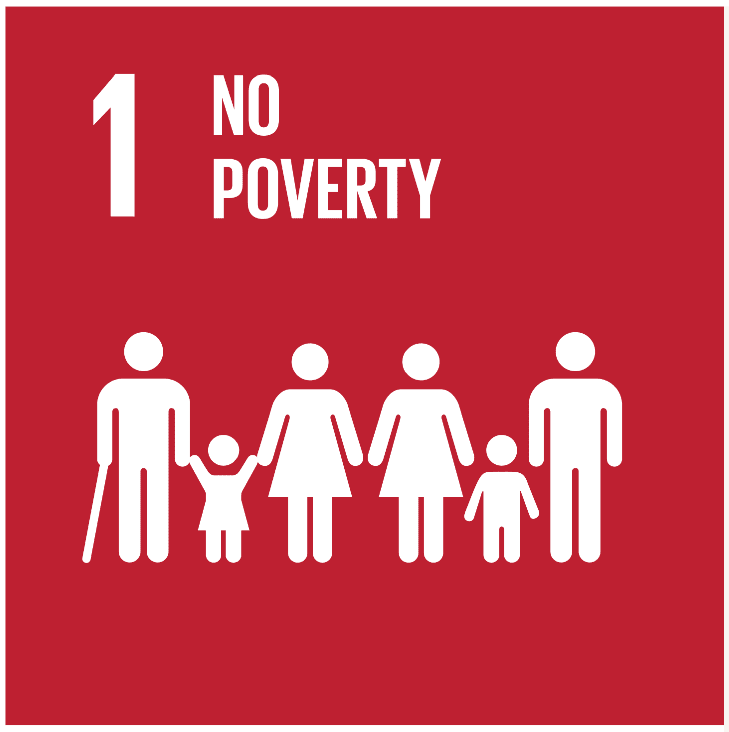
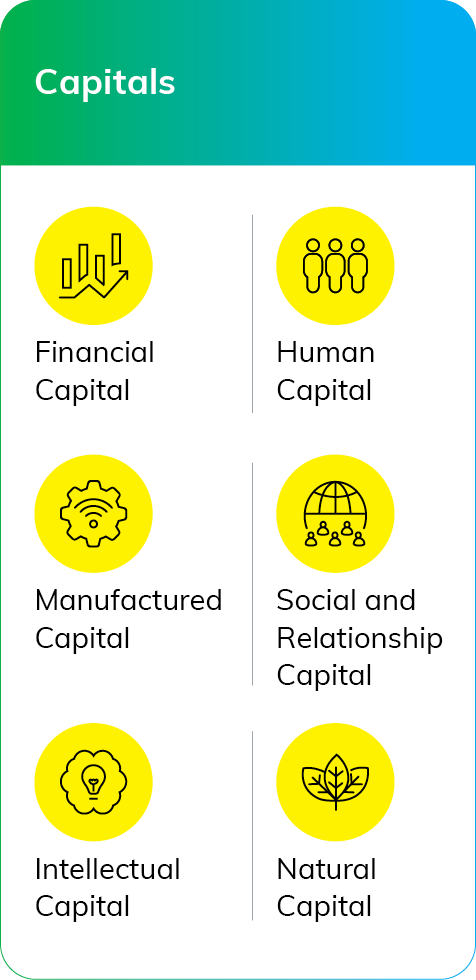


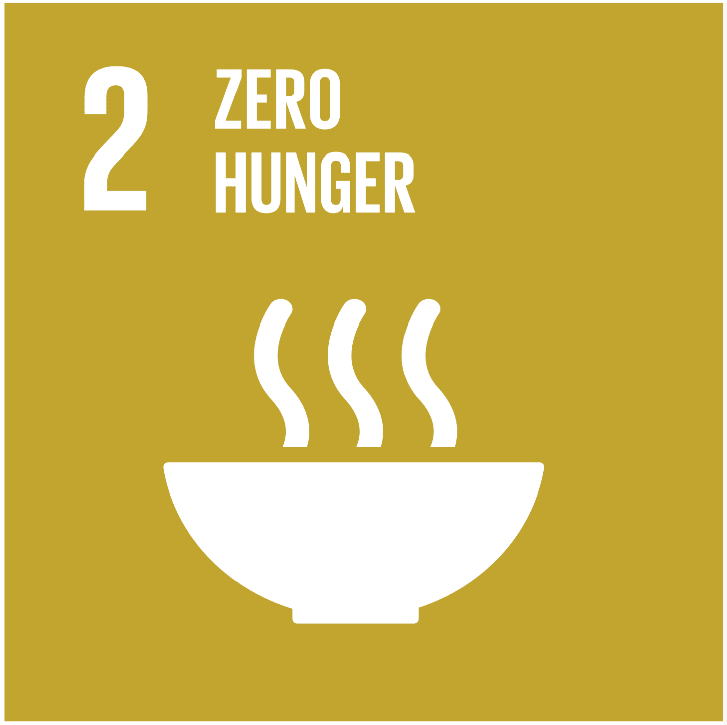


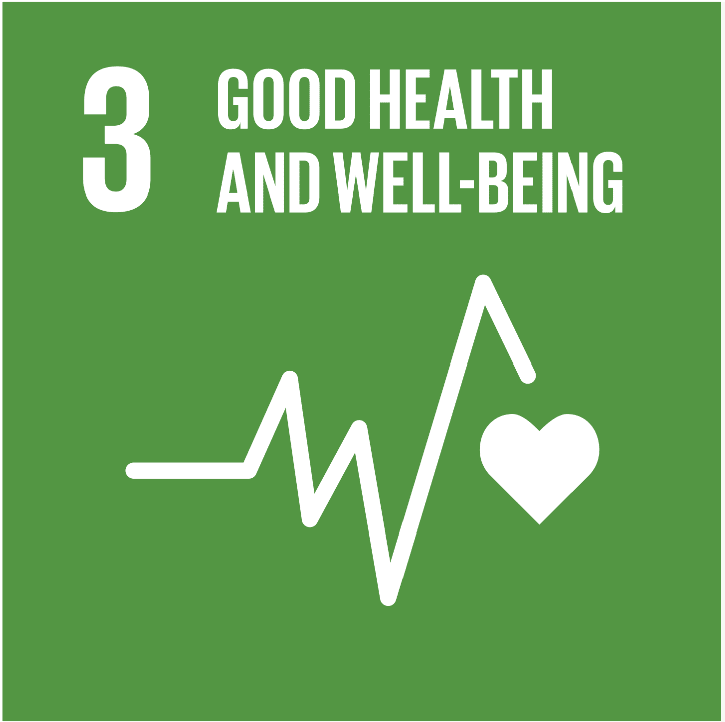



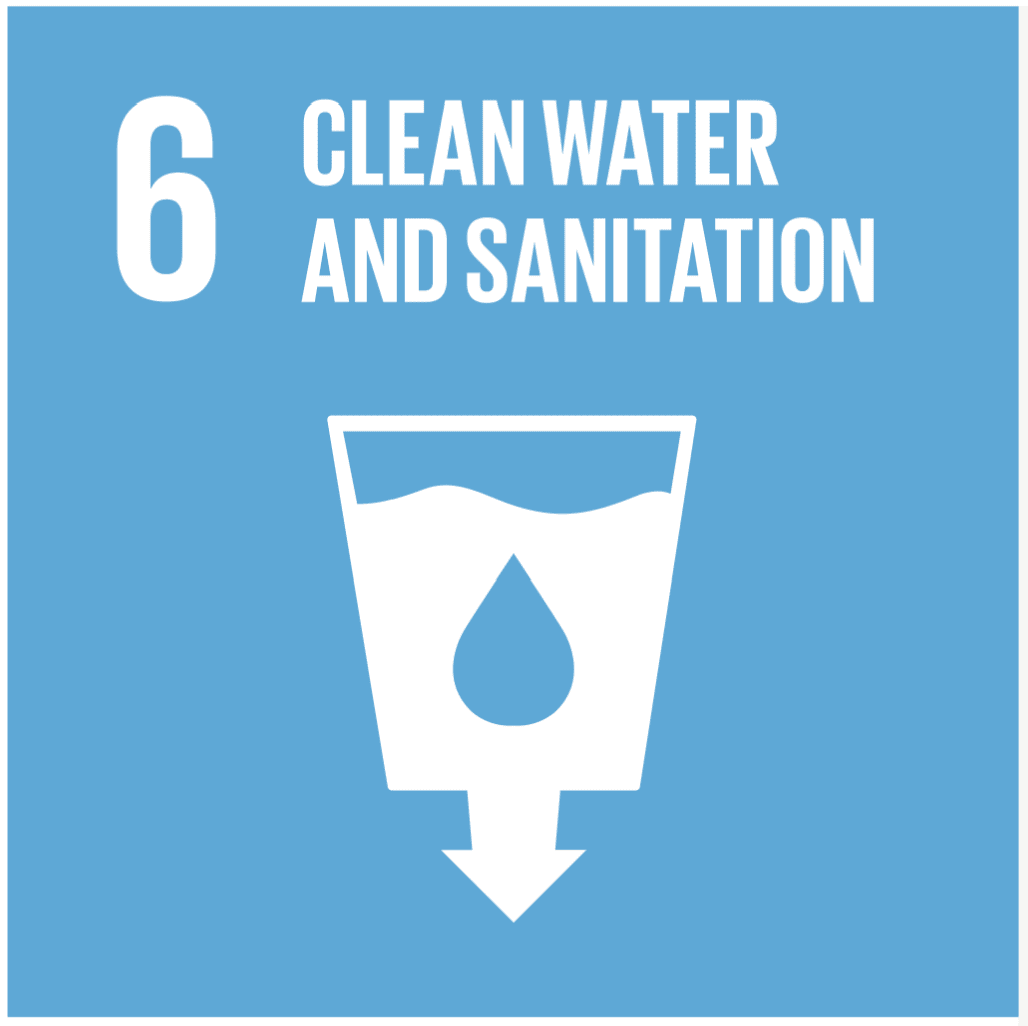
water conservation measures instituted under TCSRD initiative, Mithapur


